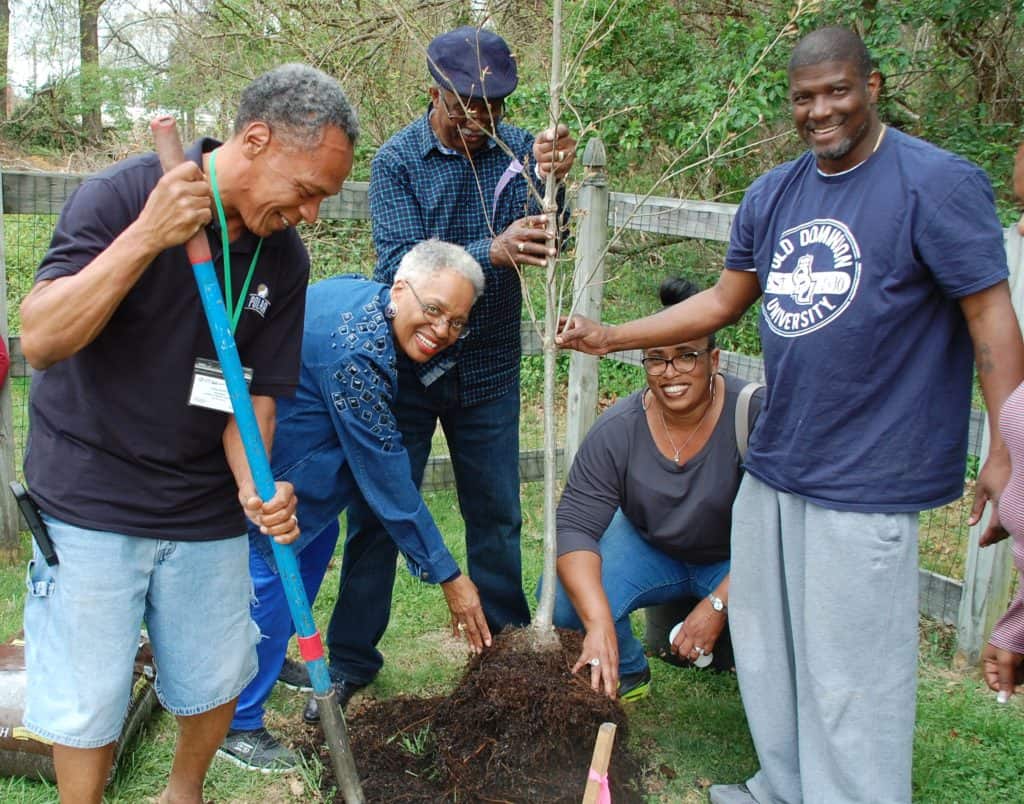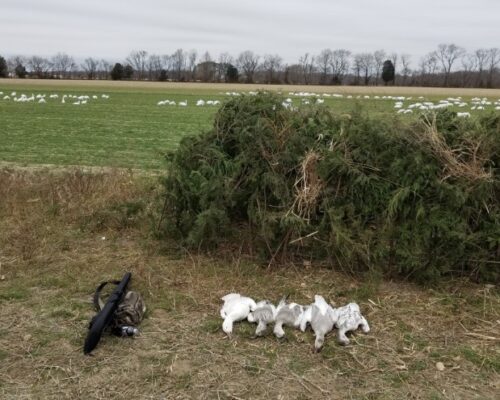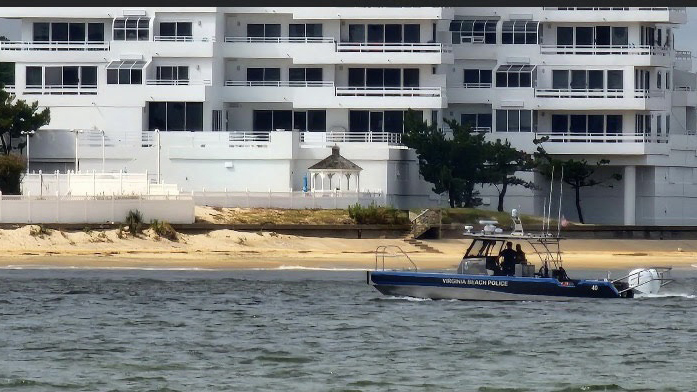Two bills that would allow Virginia localities to increase tree planting to improve canopy cover, help manage stormwater runoff, and address urban heat have passed their respective state House and Senate Committees.
This new legislation will amend two codes in Virginia law that have long restricted tree cover in municipalities—tree cover that could be key to helping the Chesapeake Bay watershed.
The pair of bills, introduced by Delegate Nancy Guy in the House and Senator David Marsden in the state Senate, were approved in their respective committees, with an amendment to conduct a study.
The bills allow localities to expand tree cover as needed in four cases: to meet stormwater permits; in any development located in a Chesapeake Bay Preservation Area, which are susceptible to flooding; in any historically redlined neighborhoods; and to conform with a localities’ comprehensive plan.
“The reality is that we lose 16,000 acres of trees to development every year in Virginia,” said Delegate Guy during a House Land Use Subcommittee meeting.
But trees can help ease environmental challenges. On a local level, trees absorb water during floods and take pressure off overburdened stormwater systems. They are also critical for lowering heat.
In 2017, researchers found that Richmond neighborhoods that had been redlined—a housing policy in the 1930s and 40s that denied loans to mostly Black and brown communities—are significantly hotter than other neighborhoods. These neighborhoods have fewer trees, so the sun heats up buildings and concrete, raising the temperature. These bills would allow municipalities to address one legacy of this policy by planting trees to provide shade.
These bills have extensive support across public and private sectors. 54 organizations and city officials sent a letter to the Virginia House of Delegates urging the bill’s passage. Norfolk Councilwoman Andria McClellan lent her support in the House Subcommittee meeting, saying
that “the City of Norfolk is very worried about flooding… We need every tool in our toolbox to help address flooding and water quality issues.”
The amendment on both bills requires a study to create model ordinances with input from a variety of stakeholders. Groups such as the Virginia Agribusiness Council and the Virginia Forestry Association, initially opposed to the bill, now support it with this amendment. However, the study means these bills, if signed into law, would not be enacted until July 1, 2022 to allow time for the study to be completed.
While the enactment of these bills may be delayed, people across Virginia are eager to get started.
“Is there interest in this work? Unquestionably yes,” says Peggy Sanner, Executive Director of the Chesapeake Bay Foundation in Virginia. “There is real interest across the state at all levels in figuring out ways to harness the power of trees.”
-Emma Johnson




